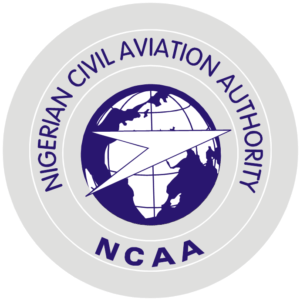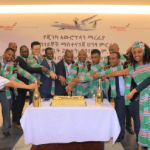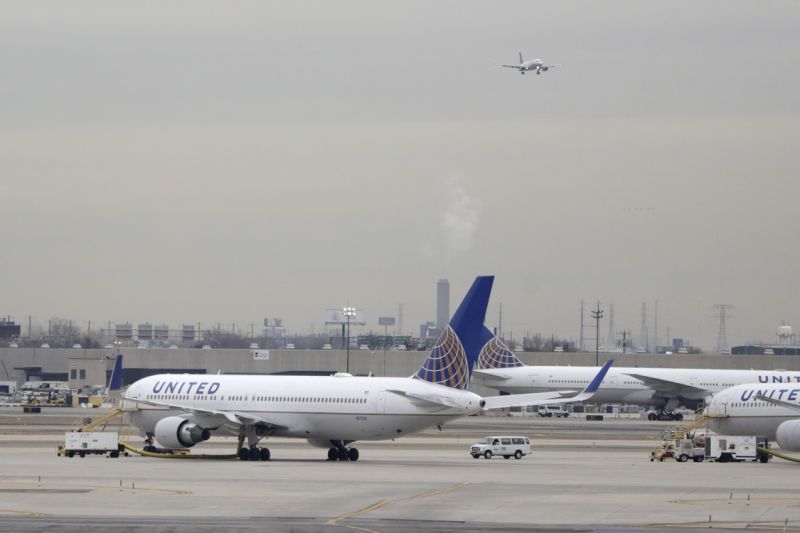
A recent study carried out by aviation experts and scholars has indicated that two major factors have been responsible for the failure of domestic carriers in Nigeria.
The report identified policies enunciated and implemented by government that are unfavourable to successful airline operation in the country, as well as the poor management of the carriers.
Nigeria has the awful record of having airlines with the shortest life span, put at an average age of 10 years. Some, which emerge with high hopes over time succumb to pressures of hostile operating environment, inimical policies and bad decisions by their management.
The study was jointly carried out by K.O Uhuegbo; S. Darandara; M. Jibril and E. Okafor of the Nigerian College of Education, Ahmadu Bello University, Zaria, in conjunction with Air Force Institute of Technology. They came to the conclusion that there is a significant relationship between leadership and airline failure in Nigeria.
The findings of the study indicate that the five top ranked factors that contribute to failure of airlines in Nigeria are ownership and management structure, economic condition, lack of supportive economic policy, financial performance and operational efficiency in the airlines.
“The correlation results showed that ownership and management structure, policy summersault and economic conditions were also identified as contributors to airline failure when related to airline leadership. Also, other factors such as economic policies, existing government policies, financial and operations factors, satisfaction and loyalty, satisfaction and security, modern infrastructure, political condition and culture of travellers were correlated but negative. The regression results indicated that ownership and management structure, policy summersault and economic conditions were positively related to airline failure,” the report stated.
Although these factors have been reiterated variously in the past and airlines have decried the high charges leveled on them from the first day they start operation, the multiple taxation and failure by the federal government to grant tax waiver on the first one or two years of startup of operations, tend to hamper the airlines and significantly deplete their operation funds.
On the other hand, airlines have been accused of poor due diligence, inability to critically study the airline business before going into it and the failure to adopt strong management team with boards and seasoned experts so that such airlines would not be run by unilateral decisions.
The report titled: ‘Causes of Failure in Domestic Airlines in Nigeria Aviation Market’, explained that the researchers carried out a standard multiple regression with airline leadership as the dependent variable and economic policies. The report also showed existing government policies, ownership and management, financial operations, customer satisfaction and loyalty, safety and security, modern infrastructure, political condition, culture and travellers, policy summersault and economic conditions as independent variables.
The study came to the conclusion that effective management structure will improve airline’s long term success and policy summersault by government will be a draw back to the operators which will continue to impact on the life span of Nigerian airlines. The study also noted that improvement in economic conditions would lead to improvement in airline success in Nigeria.
“It is important to note that theoretically, improved economic policies that enhance production and sustained income streams and improved manpower development is expected to affect airline leadership positively. There has been a noticeable disconnect between economic policy and economic performance in Nigeria with clear implications for the airline industry especially leadership in the airline business.
“It is important to note that in the airline business modern and efficient infrastructure is at the core of performance that determine patronage and therefore has implications for leadership. When infrastructures in an airline business are obsolete and weak, it mirrors the capacity of leadership. Thus, this result implies that the state of infrastructure does not significantly determine leadership selection and performance in an airline business in Nigeria. Consequently, failure is prevalent among commercial Nigerian airlines. The variable of political condition in the country was negatively related to airline leadership but not significant at the 5 per cent level. This implies that changes in political climate in Nigeria decreases leadership performance in airline businesses in Nigeria. Consequent upon poor leadership airline businesses are prone to failure in Nigeria,” the report said.

It also said that it is expected that improvement in existing government policies should improve leadership at all levels. Financial performance and overall operational efficiency are closely related in any business and it is a key performance indicator. Poor and weak financial performance and operational efficiency has been argued to be the bane of most airline businesses in Nigeria. “Thus, this result is not surprising as weak financial performance and operational efficiency would decrease airline leadership by as much as 0.26%. Absence of customer satisfaction and loyalty was positively related to airline leadership but not significant at the 5% level. This implies that the effect of lack of customer satisfaction that could lead to poor or zero customer loyalty is not a serious issue to airline leadership. Most air travel passengers are known to be less concerned with operational directives from airline firms in Nigeria in form of inconsistency in the use of facilities and air travel rules and standards that increases operational costs and inefficiency. Operational costs and inefficiency increase due to poor travel culture from passengers the leadership bears the brunt; thus, contributing to airline failures in Nigeria,” the report further stated.
It therefore recommended that firstly, airline owners and leaders should be trained continuously in order to update their technical knowledge of the air transportation system and environment. This, the report added, should be included as a prerequisite for obtaining an Air Operator Certificate (AOC) from the Nigeria Civil Aviation Authority (NCAA). Also, it must be made mandatory for airline management teams to acquire capacity for interpreting regulatory policies and prevailing economic conditions that would enhance decision making. Secondly, government should review the requirement for ownership and management structure of airline by providing an appropriate regulatory framework that would specify requisite industry experts in the respective categories, so that policy can effectively save, guide and sustain the airline business.






